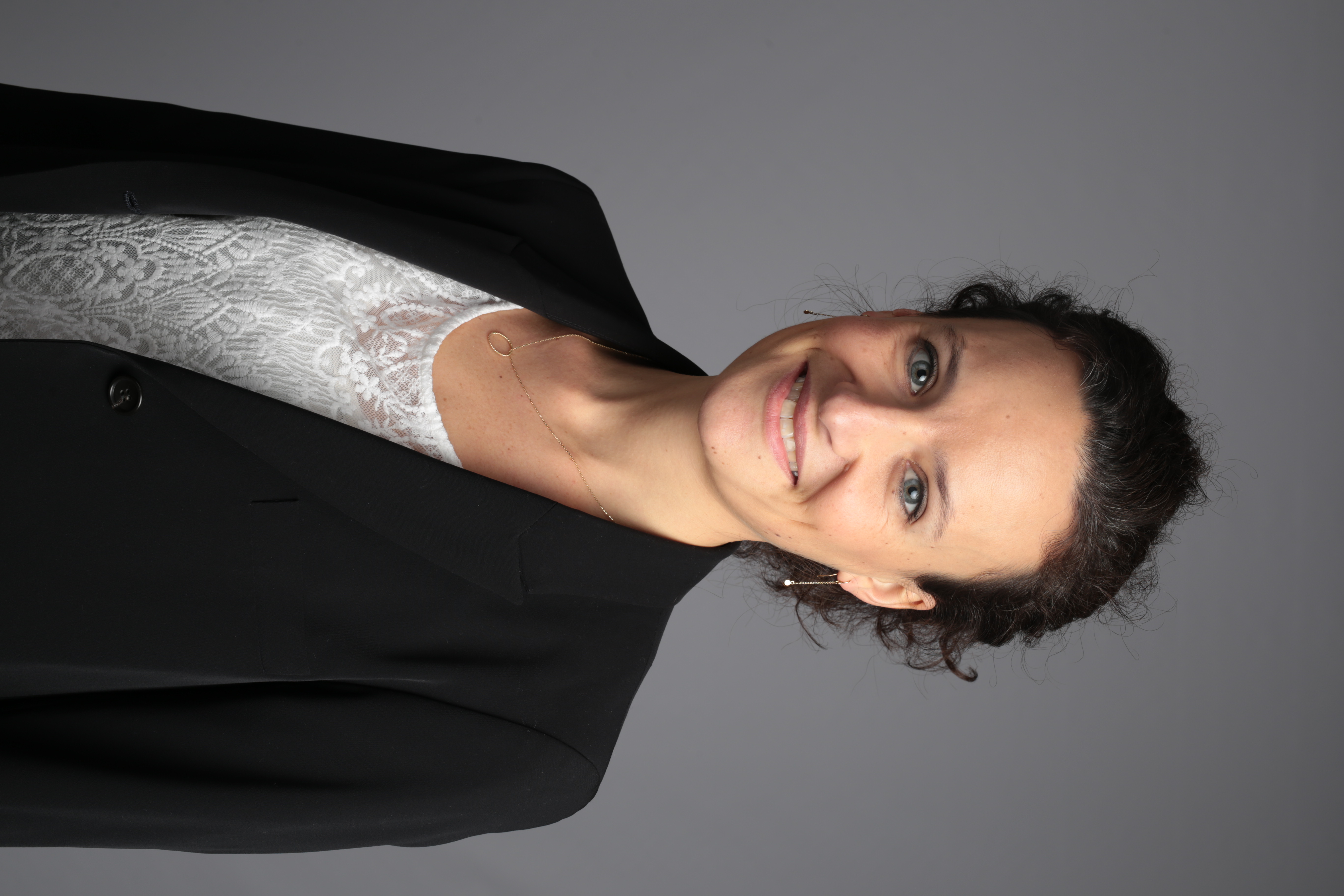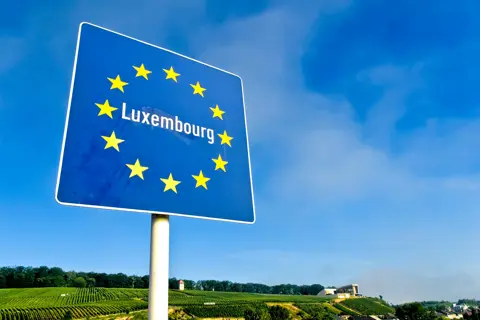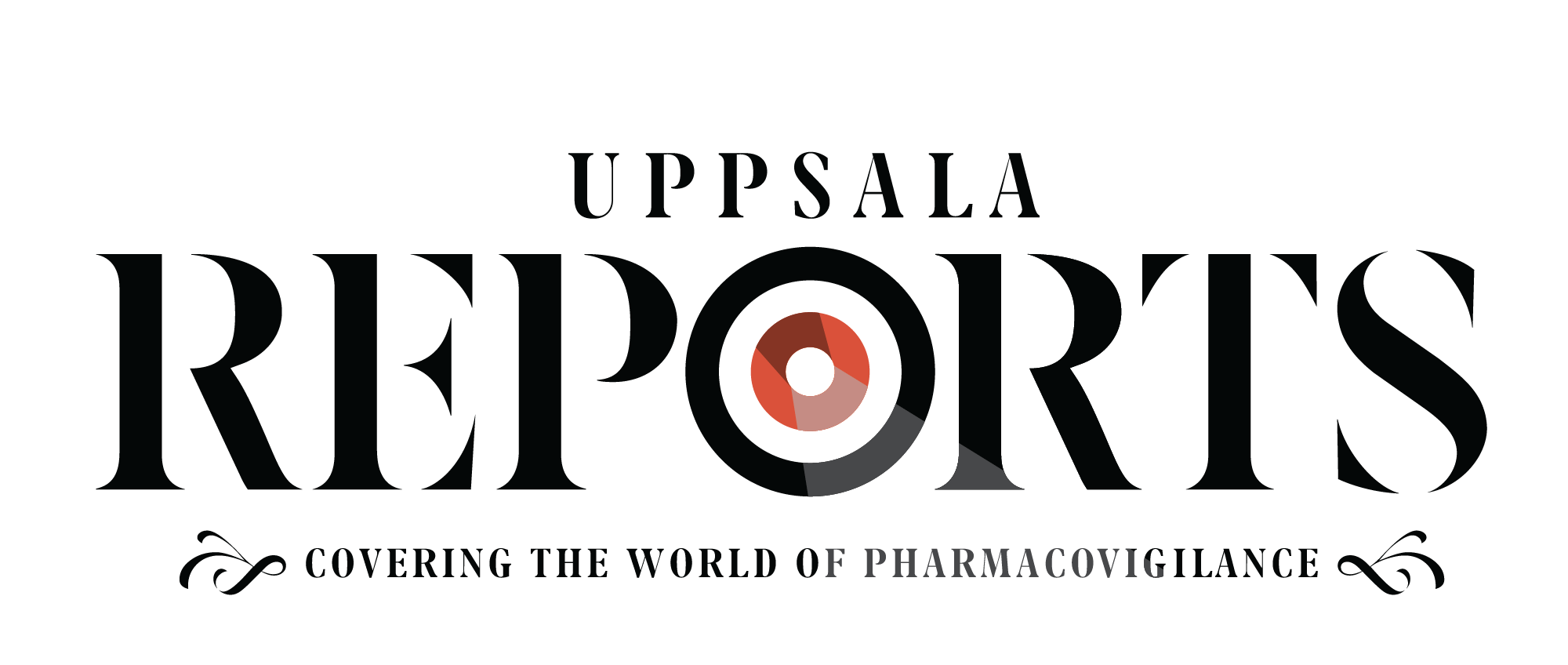
Luxembourg is a small country (around 635,000 inhabitants) whose geographical position, between Belgium, France and Germany, has been a determinant in the setting up and strategy of all its national institutions. Collaboration with neighbouring countries, as well as EU and international institutions, is central in terms of resources, expertise and best practice. The national competent authority for pharmacovigilance in Luxembourg is the Division of Pharmacy and Medicines (DPM) of the Health Directorate, acting on behalf of the Ministry of Health.
The exceptional situation of the COVID-19 pandemic spurred the development of the Luxembourg Agency for Medicines and Health Products (ALMPS). In this context, the DPM expanded and transformed itself to become the ALMPS while moving into crisis management. This fast and forced growth represented both a challenge and an opportunity to move towards the new ALMPS model.
Collaborations
From the 1990s, a partnership was in place between the DPM and the Regional Centre of Pharmacovigilance of Lorraine, north-east France, for the processing of adverse drug reactions (ADRs) reported in Luxembourg. This external expertise has been particularly valuable with the explosion of case reports during the pandemic. Moreover, as over 90% of medicines distributed in Luxembourg originate from Belgium, a long-standing partnership exists with the Belgian agency. Exchanges with both countries have been strongly reinforced during the pandemic, focusing on vaccine safety and communication – a valuable and ongoing collaboration.

Figures and activities
Since 2017, there has been a constant but slow rise in the number of ADRs in Luxembourg, thanks to the increasing activities of the DPM to raise awareness of the importance of pharmacovigilance.
Predictably, following the accelerated roll out of COVID-19 vaccines in 2021, a massive number of cases have been reported, by both patients and healthcare professionals, reaching more than 2,000 case reports, i.e., 16 times the figures for 2020. Indeed, 98% of those received were about COVID-19 vaccines, probably due to communication on the importance of vaccine safety monitoring and reporting during the vaccination campaign.
In 2021, it was notable that more than 90% of cases (2,158 out of 2,319) were submitted directly to the DPM. In 2020, most cases had been reported to marketing authorisation holders (153 out of 245, i.e., 62% of cases). This may be explained by a better awareness of the national reporting system thanks to enhanced communication.
In addition to the impact of the pandemic, this shift in trends may be explained by actions taken in 2021 by the DPM to raise awareness on ADR reporting:
• Any communication regarding COVID-19 vaccination included a reminder on the ADR declaration flow and relevant contact points
• To facilitate reporting, simplified notification of ADRs occurring directly after vaccination was integrated in the national COVID-19 vaccination platform
• Regular pharmacovigilance training was delivered to the personnel in vaccination centres, hospital pharmacists, patient organisations and medical students
• Flyers were handed out to all vaccinated patients, informing about common/expected ADRs, actions to be taken in case of an ADR, and how to report
• Monthly reports on pharmacovigilance data collected in Luxembourg in relation to COVID-19 vaccines have been published.
“Joining the WHO Programme for International Drug Monitoring is a great opportunity for Luxembourg, strengthening its pharmacovigilance system both at national and international level”
Luxembourg joined the WHO Programme for International Drug Monitoring in February 2020, and being part of the network has already supported the growth of the pharmacovigilance department of the DPM in many ways. It has given staff the opportunity to get access to high quality training courses. Most importantly, it has provided great communication material, for example during MedSafetyWeek, to enhance the pharmacovigilance culture in Luxembourg, a multinational country with several national languages.
Capitalising on the awareness wave of 2021 and in line with the vision for the future national medicines agency, actions aiming to increase the visibility of our national pharmacovigilance system are a priority to ensure the safe use of medicines and gain public trust. Close interaction with patients, patient organisations and healthcare professionals, to understand their needs and expectations, will continue to be a key element of our future strategy and plans.
“The WHO Global PV network provides small countries such as Luxembourg valuable material and opportunities for PV education and training”
Photos: Anne-Cecile Vuillemin – stock.adobe.com




